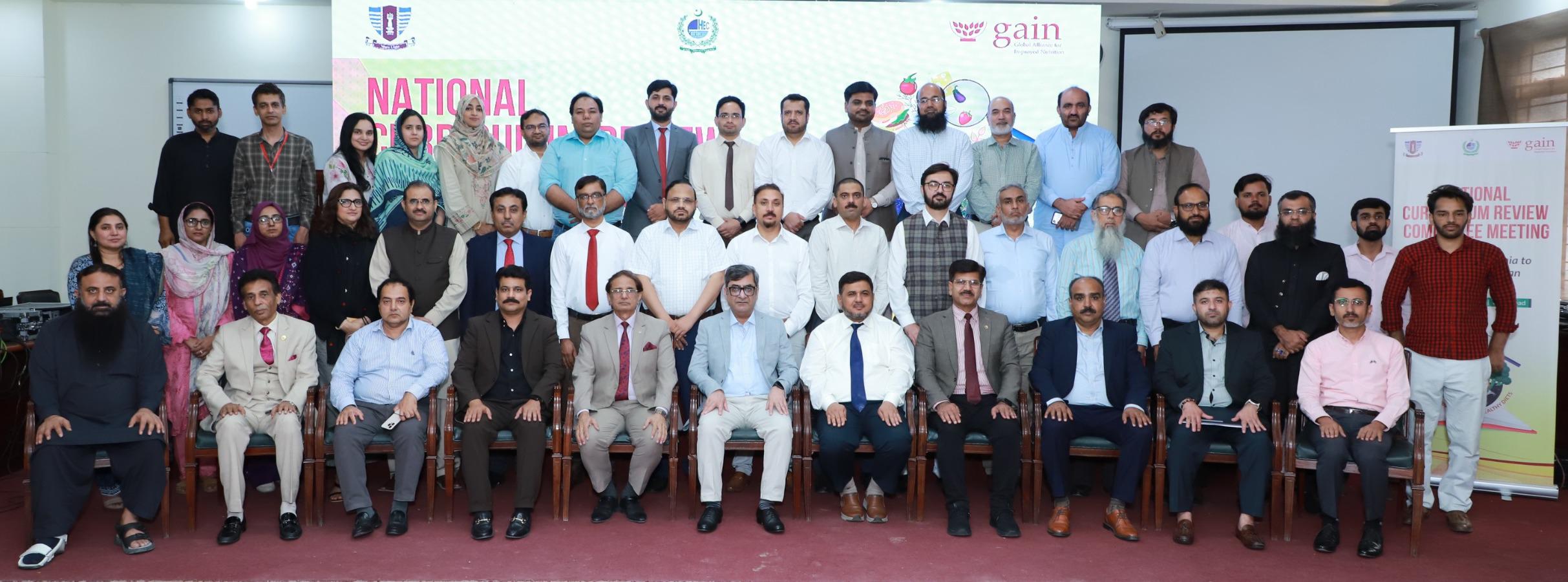Staff Report
ISLAMABAD: In a landmark step toward food systems reform in Pakistan, the Higher Education Commission (HEC) has officially integrated food systems transformation-related courses into the undergraduate curricula of Food Science & Technology and Human Nutrition & Dietetics. This initiative, supported by the Global Alliance for Improved Nutrition (GAIN), marks the first time that critical issues like nutrition, climate resilience, sustainable consumption, and equity are being mainstreamed in Pakistan’s higher education sector.
The curriculum reform was finalized through a rigorous consultation led by the National Curriculum Review Committee (NCRC), involving 38 national experts from over 25 universities and institutions. The two-day review session was hosted by Government College University Faisalabad (GCUF) under the guidance of HEC’s Curriculum Division.
“These courses are not add-ons; they are essential for preparing future professionals to lead across public health, agriculture, and food system innovation,” said Dr. Amjad Hussain, Director General (Academics & Curriculum) at HEC.
Mr. Faiz Rasool, Head of Policy & Advocacy at GAIN Pakistan, lauded the reform, describing it as “a forward-looking and inclusive step” that equips students to tackle Pakistan’s food security and nutrition challenges.
Prof. Dr. Rauf-i-Azam, Vice Chancellor of GCUF, reflected on the initiative’s national importance, urging universities to adopt the reforms with urgency. “The integration of food systems transformation will elevate higher education quality and ensure our graduates are responsive to both national and global challenges,” he remarked.
The revised curricula align with Pakistan’s commitments to the Sustainable Development Goals (SDGs) and support national strategies on nutrition, climate adaptation, and youth empowerment. The reform also lays the groundwork for stronger collaboration between academia, government, industry, and development partners to build a resilient and inclusive food future for Pakistan.

